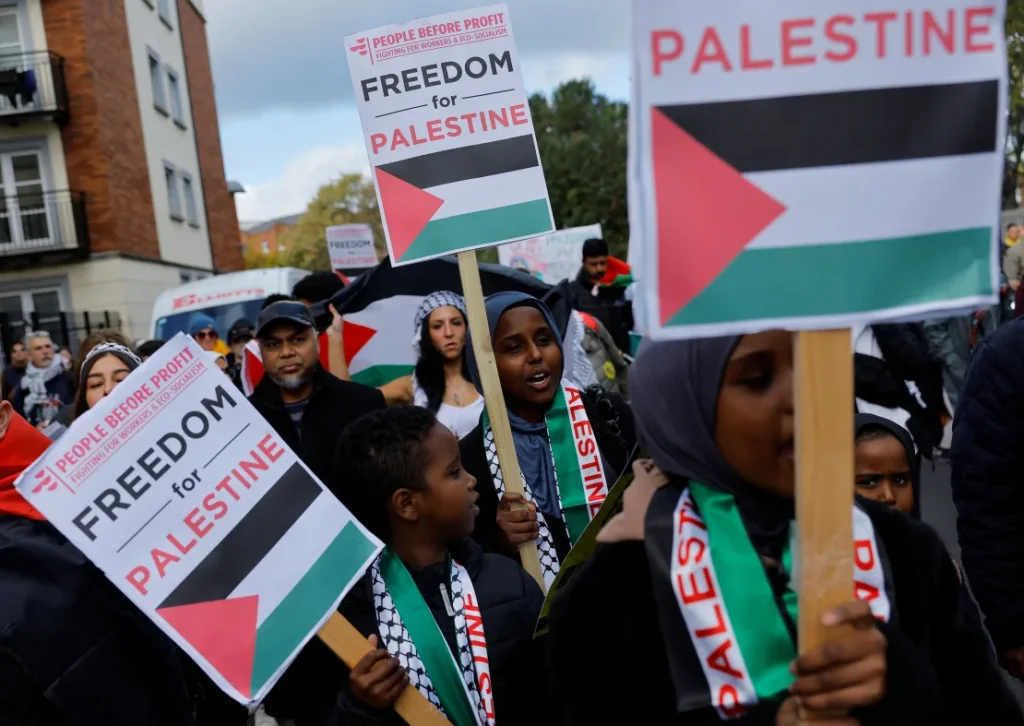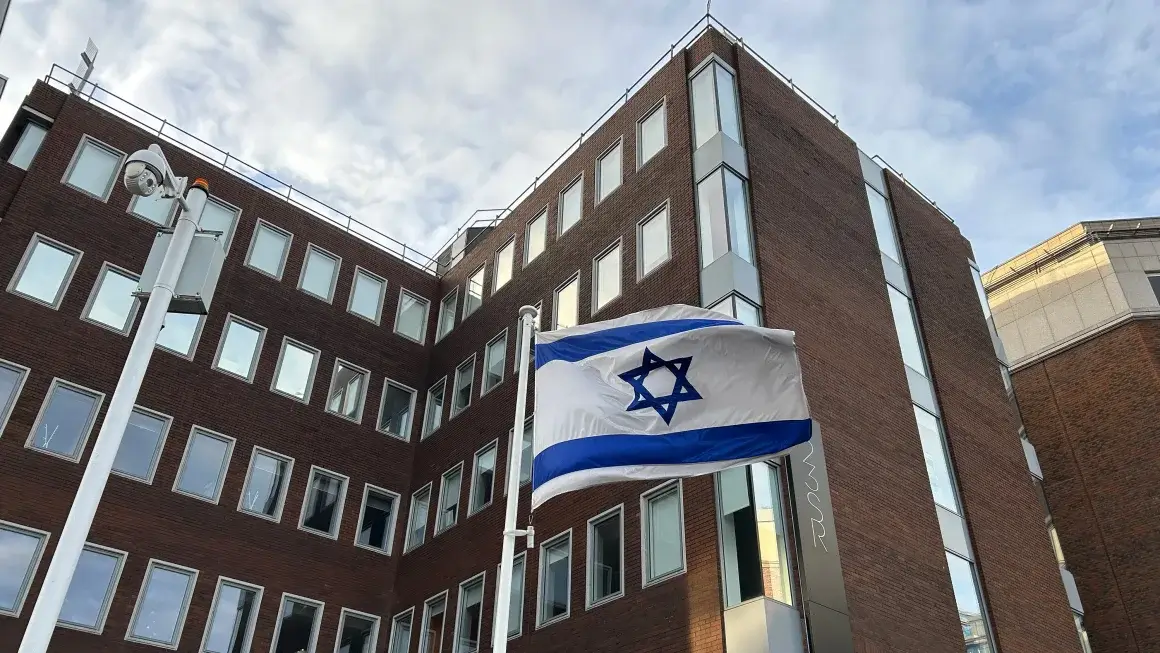Diplomatic Embassy Tensions Escalate
Diplomatic relations between Israel and Ireland have significantly increased as a result of Israel’s sudden decision to close its embassy in Ireland. Citing “extreme anti-Israel policies” by the Irish government, Foreign Minister Gideon Sa’ar announced the closure on Sunday.

Strong Accusations of Embassy Bias
Sa’ar accused Ireland of going over “every red line” in its dealings with Israel in a forceful statement. “Delegitimisation and demonisation of the Jewish state” are the core causes of Ireland’s actions, he said, and they are marked by double standards. The foreign ministry recommended that Israel shift its diplomatic efforts to nations that would better serve its interests.
Key Points of Embassy Contention
Several recent actions by Ireland have intensified the diplomatic rift:
- According to Prime Minister Simon Harris, there is “never a wrong time to do the right thing.” Ireland formally recognized the State of Palestine in May.
- One area of contention has been Dublin’s choice to back South Africa’s genocide complaint against Israel in the International Court of Justice (ICJ).
Political Embassy Reactions
In Israeli political circles, the embassy closure has generated intense discussion. Yair Lapid, the leader of the opposition, criticized the action, saying that rather than retreating, one should “stay and fight” in response to criticism.
Lapid’s criticism was promptly addressed by Sa’ar, who accused him of endorsing “clear anti-Semitism” and denounced what he perceived as efforts to undermine Israel’s legitimacy.
Irish Embassy Response
Prime Minister Simon Harris strongly rejected Israel’s accusations.
“I utterly reject the assertion that Ireland is anti-Israel,”
he stated. Harris emphasized Ireland’s commitment to being
“pro-peace, pro-human rights and pro-International law.”
Background to the Embassy Dispute
Ireland’s longstanding support for the Palestinian cause is a major contributing factor to the tensions. Ireland declared in March that it intended to get involved in the ICJ’s genocide case against Israel, which was initially brought by South Africa.
The International Court of Justice (ICJ) did not explicitly accuse Israel of genocide in its January verdict, but it did instruct Israel to “take all measures within its power” to stop genocidal activities in Gaza.
Implications of the Embassy Closure
Relations between Israel and Ireland have seriously deteriorated as a result of the diplomatic fallout. Israel considers Ireland’s actions to be essentially hostile, despite the fact that the country has consistently supported Palestinian rights.
Israel plans to give diplomatic ties with nations that exhibit what it views as a more balanced attitude to the current war top priority, according to Sa’ar’s statement.
Looking Ahead: Embassy Tensions
Concerns over the future of diplomatic ties between Israel and Ireland as well as more general international viewpoints on the Israel-Palestine conflict are brought up by the closure of the embassy. It emphasises how deeply divided and emotionally complex this age-old geopolitical problem is.
There is little immediate chance of diplomatic reconciliation as tensions persist and both nations seem set in their ways.

